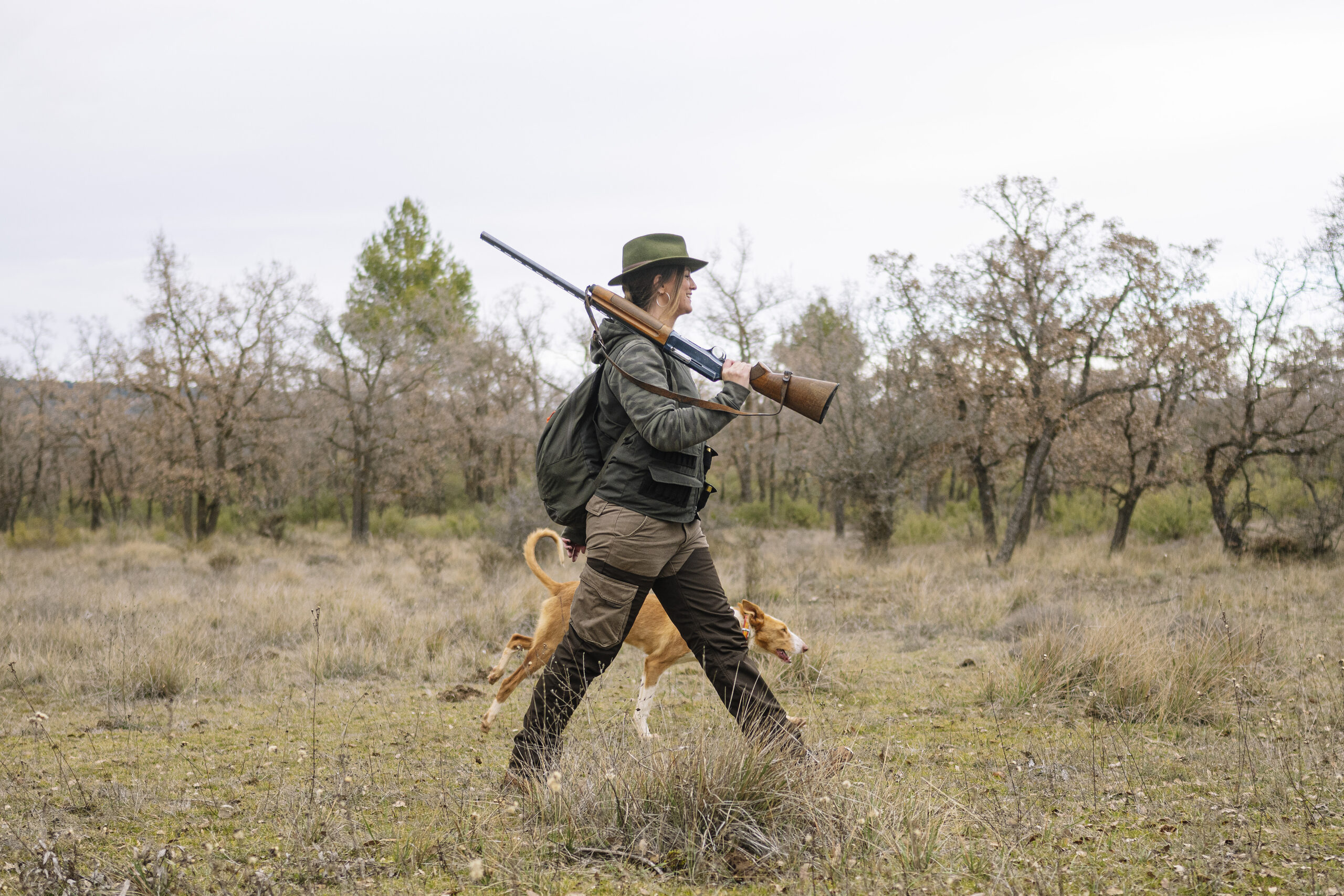Ethical, sustainable hunting plays a vital role in conservation and environmental stewardship. Far from being merely recreational, responsible hunting fosters a meaningful connection between humans and the natural world, reinforcing ecological awareness and personal responsibility. When practiced with respect and restraint, hunting results in less animal suffering than industrial farming or natural predation, offering a humane method of managing wildlife populations.
Hunting contributes to ecological balance by preventing overpopulation, which can lead to habitat destruction, starvation, and disease. It also supports biodiversity by maintaining healthy population dynamics. In many communities, especially indigenous and rural ones, hunting sustains cultural traditions and provides food security, while cultivating intergenerational knowledge of wildlife and ecosystems.
As a conservation tool, hunting encourages ecological literacy and promotes active participation in land and wildlife management. When guided by strong ethical standards and science-based regulation, hunting aligns with modern environmental goals. It supports community-based conservation efforts, fosters stewardship, and strengthens the human-nature relationship essential to long-term sustainability.

